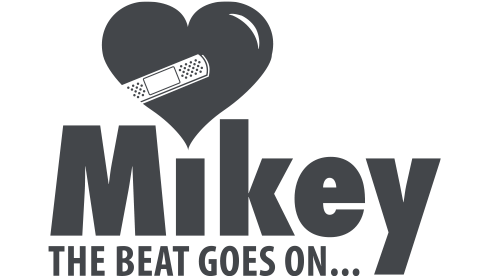How to Identify Symptoms & Signs of a Heart Attack & Cardiac Arrest

Unfortunately, heart disease is still one of the leading causes of premature death for both men and women in Canada. It’s important to address ways to identify and react if you’re faced with a heart-related emergency. Below we have laid out common signs and symptoms of a heart attack and a cardiac arrest, and what you can do to help.
Signs and Symptoms of a Heart Attack
Identifying signs and symptoms can vary for both men and women, so it’s especially important to listen to your body as the signs tend to be much less noticeable in women. If you experience any of the signs below call 9-1-1 immediately.
Signs of a Heart Attack
Men and Women
- Chest discomfort (pressure, squeezing, fullness or pain, burning or heaviness)
- Sweating
- Upper body discomfort (neck, jaw, shoulder, arms, back)
- Nausea
- Shortness of breath
- Light-head
More Prevalent In Women
- Indigestion type feeling, or band of tightness in the upper back region.
- Dizzy, lightheadedness, or shortness of breath with exertion
What To Do If You Are, Or You See Someone Experiencing A Heart Attack
- Call 9-1-1
- This is highly important as you want to get professional medical help to yourself or to the person you’re treating.
- Stop all activity
- Sit or lie down in whatever position is most comfortable.
- Take nitroglycerin or Aspirin
- If you have either of these items available to you, take them. If you have nitroglycerin, take your normal dosage. If you have Aspirin, chew and swallow a tablet. ***Important*** make sure that you or the person you’re treating are not allergic to either of these items before ingestion.
- Rest and wait
- Wait and stay calm for help to come. If you’re by yourself and you know of someone close by who may be able to help you, try to call out to them for assistance.
Signs and Symptoms of a Cardiac Arrest
Its easier to identify signs and symptoms of a cardiac arrest. Cardiac arrest is defined as heart-stopping, which means that blood is no longer transferring to the rest of the body. Ultimately, this can cause death within minutes.
Signs of a Cardiac Arrest
- Sudden collapse
- Unresponsive to touch and sounds
- Not breathing or they’re making gasping sounds.
What To Do If You See Someone Experiencing A Cardiac Arrest
- Call 9-1-1 immediately
- Yell or try to locate an AED
- If you have someone else with you, get them to look for and grab an AED. AED’s are often available in public places, so if you can’t find one, try to locate an information desk and ask if there is one available.
- Start CPR
- Begin chest compressions by pushing down hard and fast in the center of the chest. If you become tired, try to sub in another bystander until help arrives.
Mikey Young at Heart App
To better prepare yourself in case of a heart-related emergency, we encourage you to sign up and download the Mikey Young at Heart app. Although the app is meant primarily for high school students, it can be used to educate anyone on how to perform CPR and how to properly use an AED.







